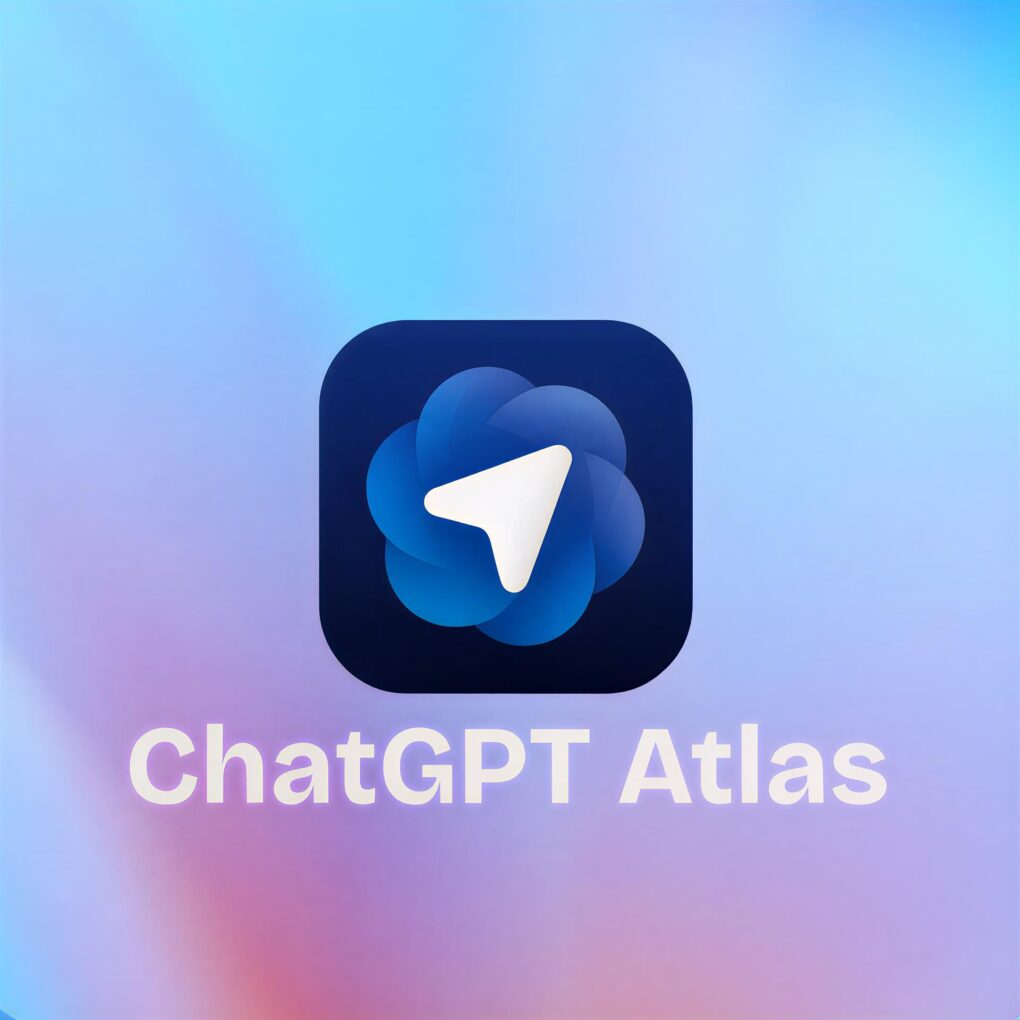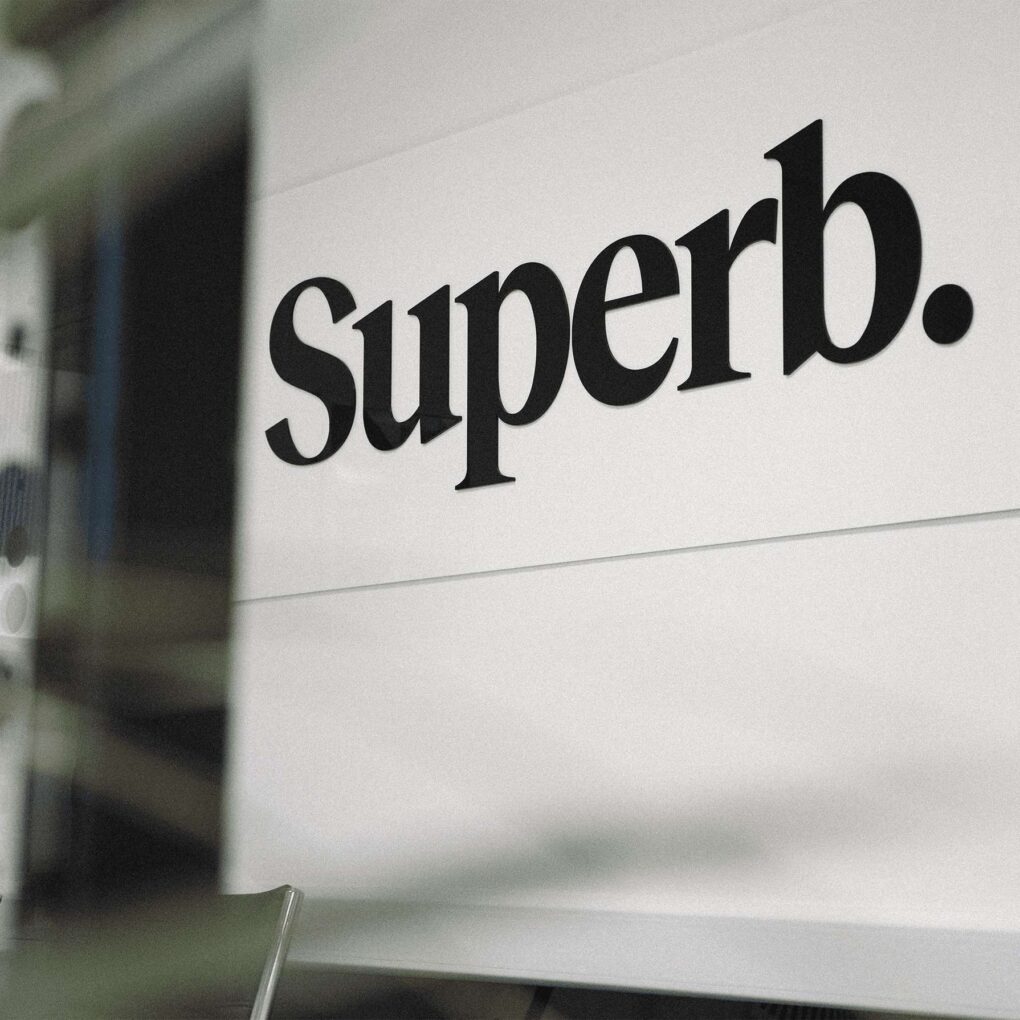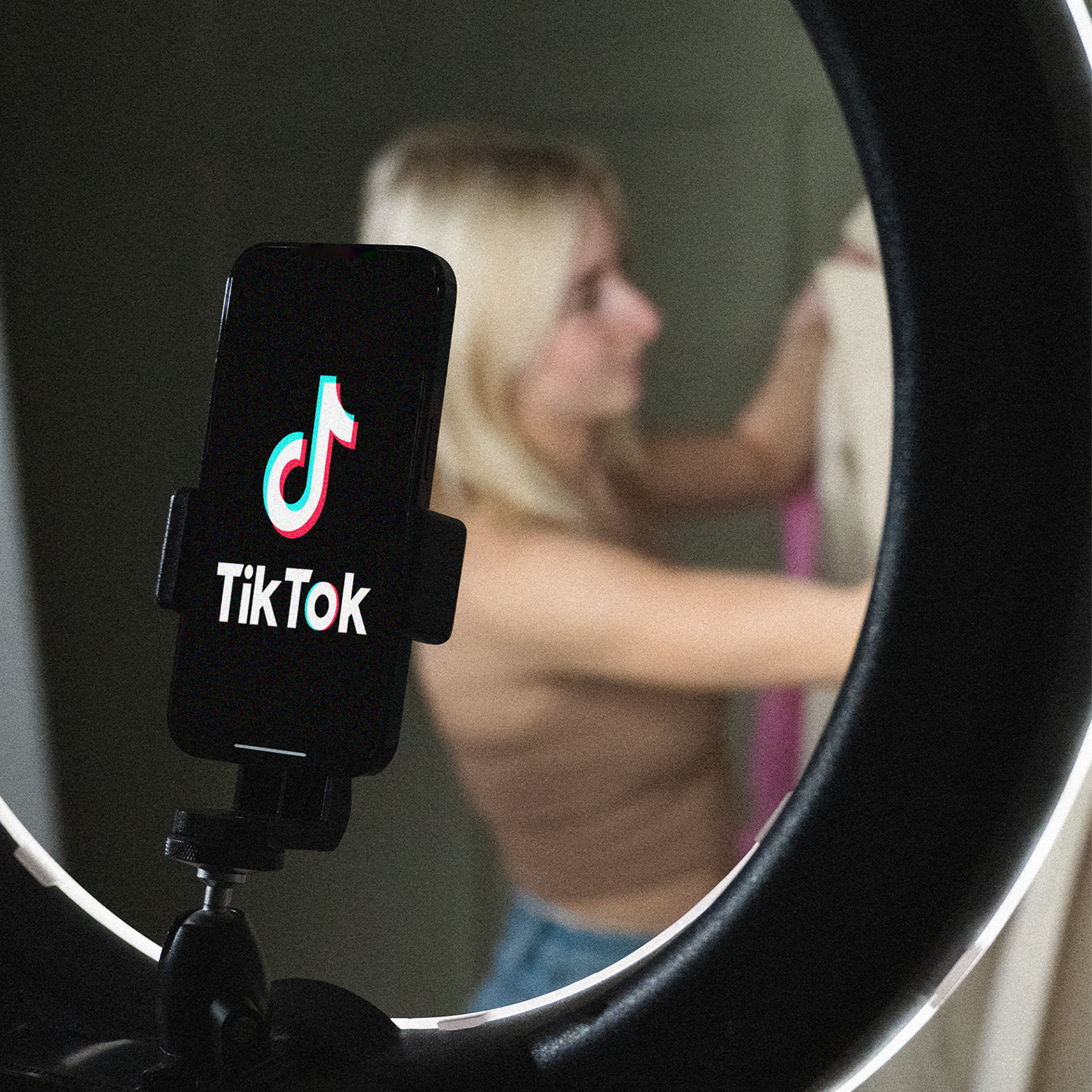In a world of smart phone addicts the app has become a part of daily life. Whereas apps were once seen as merely condensed versions of desktop sites, they have now become multi-purpose tools used to simplify everyday tasks such as hanging pictures (there’s an app that functions as a leveller), getting to work (there are so many transport apps) and of course for shopping online. But, is it worth your time and efforts to develop a downloadable app for iOS and Android? Will it increase your sales? What are the advantages of this sort of investment?
First things first, when you sit down with developers to create your app, you must ensure that you are guaranteed a finished product which will provide a perfectly optimised mobile experience for the customer, there can be no glitches in the running of these programmes, or users will soon become perturbed and switch off and probably delete your app. Secondly, functionality is so important. It is paramount that your app is easy to use. Like all eCommerce platforms, apps must allow users to locate the products they want and proceed to the check out as quickly and as hassle free as possible. Cumbersome checkout pages and non-sensical navigation is a no-no. Remember, you are trying to facilitate a seamless smooth shopping experience that wastes little consumer time. In order to increase sales via the app, you will have to provide this.
One of the advantages of your brand having an official app, is the fact that users are carrying around reminders of your very existence every time they take their phone out. You are therefor gaining free publicity and exposure by having your logo displayed on a person’s phone in the form of an app. You can use the app to send push notifications, which are text messages of sorts sent to the app owner to remind them of any offers available. Through push notifications you are communicating directly with your target audience and those most engaged with your brand to advertise your products. There is no other form of marketing this direct and immediate.
If you have a bricks and mortar store with beacons in your high street branches, your app becomes even more powerful. Through these beacons you can send notifications to your users app when they approach or enter your store. Unique, personalised special offers or discounts can be delivered via the app, based on previous searches and the physical location of where the consumer is in the store. For example, say a customer had been searching for shoes on your app before entering the store, once they enter a push notification via the app could alert the consumer to where the shoes are in the store. This is what’s known as an omni-channel approach to eCommerce, it is about true continuity of your services. It’s about achieving clear lineage across all your platforms, on which you offer your services. A part of this approach involves the physical appearance of your platforms too. Your mobile app should match the responsive design of your website and your website should match the feel and look of your physical store.
The omni-channel consumer should be able to research their products on one platform and make a purchase on another. An app is key here. Consumers crave a seamless customer experience across in-store and online channels, using both to complement the other. Not only does the omni channel consumer want everything available at his or her disposal in real-time, they also want the brand experience to be similar.
Something to bear in mind if you do decide to develop an app for your consumers, is that research shows that Sundays are a popular day for eCommerce shopping. Any push notifications or deals promoted on this day, will likely be seen by a higher amount of consumers than at any other point in the week. Sunday are not, however, popular days for consumers to complete transactions. It is a day for window shopping, but although you may not see spikes in sales, you will have an opportunity to communicate your offers to a larger pool of engaged browsers.
Most eCommerce transactions are made after 7pm, so any banners, targeted texts, or offers should be sent to your users then.
Depending on how big your eCommerce brand is, an app could be exactly the asset you need to expand your reach and online presence. You can communicate your offers and products to consumers in an immediate and targeted way, thus increasing sales. An app is also a chance for your brand to adopt an omni-channel approach to eCommerce, something consumers are developing more and more of an appetite for.








